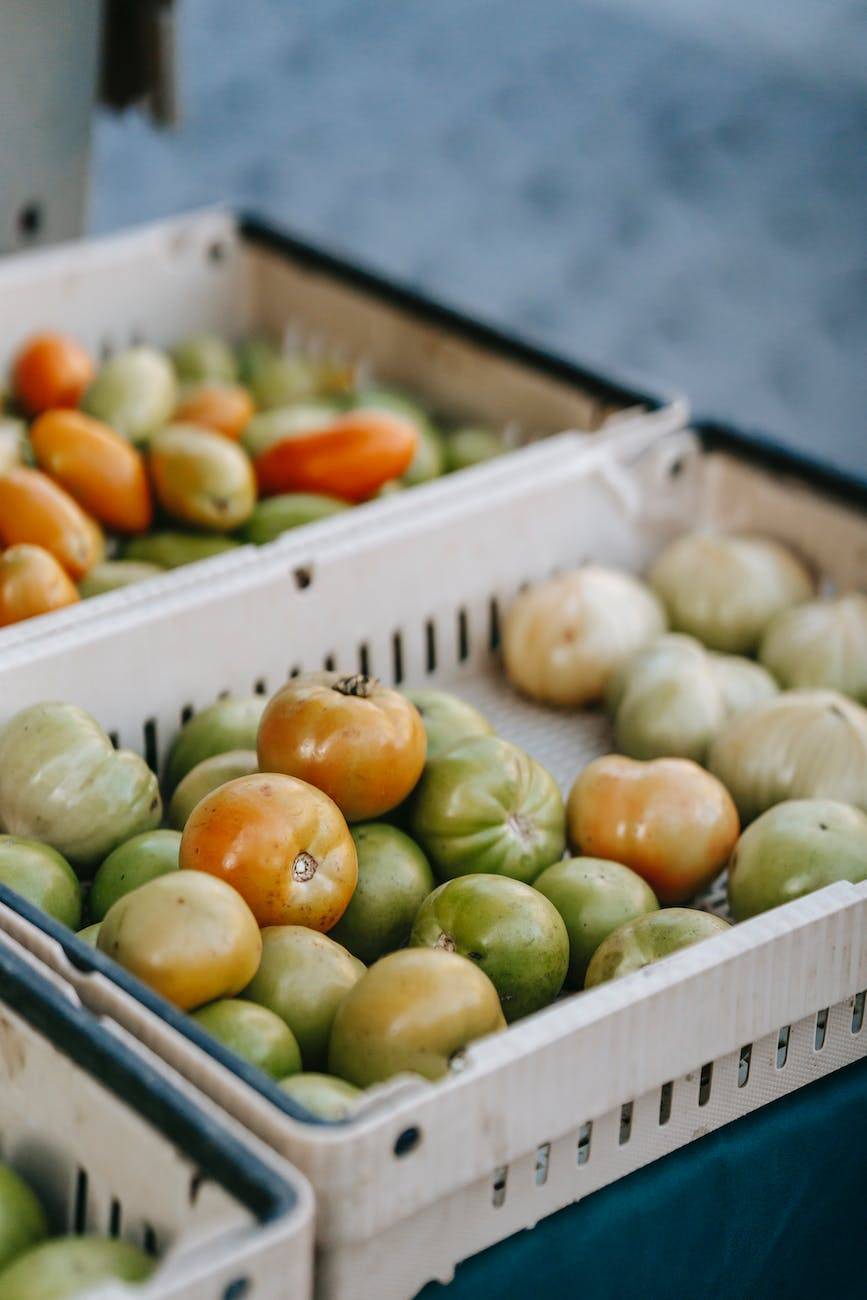Overview of Raw Milk
Understanding the nature of raw milk and its legal status is crucial for those wondering where to buy raw milk. This section provides a brief introduction to these topics.
What is Raw Milk?
Raw milk is milk that has not undergone the pasteurization process. Pasteurization is a heat treatment process that kills potentially harmful bacteria and extends the shelf life of the milk. Raw milk, on the other hand, is consumed in its natural, untreated state. It can be purchased directly from farms that produce it, as well as some specialized stores or farmers’ markets.
Legal Status of Raw Milk
The legality of raw milk sales varies from state to state in the US. At the federal level, the US Food and Drug Administration (FDA) bans the interstate sale or distribution of raw milk. All milk sold across state lines must be pasteurized and meet the standards of the US Pasteurized Milk Ordinance.
However, states can adopt their own laws on raw milk sales. Most states have state-wide laws, but a few leave decisions to local governments. For instance, the sale of raw milk is legal in some states such as California, Washington, and Pennsylvania, while it is illegal in others like New York and Illinois (Healthline).
To inform consumers about potential risks, some states require warning labels on raw milk products. These labels advise against its consumption by certain groups, such as pregnant women, young children, and immunocompromised individuals (Healthline).
As regulations can change, it’s crucial for consumers to keep themselves updated on the legal status of raw milk in their specific location. Use our raw milk finder to locate a raw milk farm or a raw milk delivery service in your area.
Buying Raw Milk in the US
When it comes to purchasing raw milk in the United States, it can be a bit of a complex subject due to varying state laws and federal regulations.
States Where Raw Milk is Legal
Despite the federal restriction by the US Food and Drug Administration (FDA) that bans the interstate sale or distribution of raw milk, several states have their own laws permitting the sale of this product. While some states have state-wide laws, others leave decisions to local governments. Notable states where raw milk sales are legal include California, Washington, and Pennsylvania, while in states like New York and Illinois, such sales are illegal.
To find a reliable source of raw milk in your area, you can use our raw milk finder tool. This will help you locate raw milk farms near you and determine where you can buy raw milk.
Safety Precautions When Buying Raw Milk
When buying raw milk, it’s essential to take certain safety precautions. As raw milk is not pasteurized, it can contain harmful bacteria that may pose a risk to certain individuals, including pregnant women, young children, and those with compromised immune systems. Consequently, some states require warning labels on raw milk products to inform consumers about potential risks.
Purchase raw milk directly from reputable farms, specialized stores, or farmers’ markets. Before buying, verify that the dairy farm is clean, the animals are healthy, and the milk is properly chilled. Always ensure the milk is stored at a safe temperature below 40°F to prevent bacterial growth.
Remember, buying raw milk requires an understanding of the potential risks and how to manage them. Check the regulations in your state and if you have any doubts, consult with a healthcare professional before consuming raw milk. For more information about the safe handling and storage of raw milk, keep reading our articles.
Raw Milk in Canada
The quest for where to buy raw milk takes a different turn in Canada due to stringent laws and regulations surrounding its sale and consumption.
Legal Restrictions on Raw Milk
Canada is unique among G8 countries, with a complete prohibition on raw milk (Steemit). This means that the sale, distribution, and even the gifting of raw milk among anyone outside of your family is illegal, including milk from properly raised goats.
This stands in contrast to countries like France, Germany, the United Kingdom, and many U.S. states, where raw milk is legal and safety programs are in place to ensure its safe consumption (Steemit).
The strict laws in Canada stem from concerns over safety, as raw milk can contain harmful bacteria and pathogens that are usually eliminated through pasteurization. It’s worth noting that anyone considering raw milk should be fully aware of the potential risks and make sure to follow all safety precautions.
Alternatives to Raw Milk
While raw milk is not available for purchase in Canada, there are alternatives for those seeking farm-fresh products. Some farms in areas like Montreal offer products such as eggs, cheese, and honey, that are fresh from the farm (Yelp).
These products, while not raw milk, can still provide a taste of the farm-to-table experience that many raw milk enthusiasts seek. It’s always a good idea to check with local farms or markets to see what fresh, locally-produced products they have to offer.
It’s also worth considering other forms of dairy that are legally available, such as pasteurized milk and cheese. While these products undergo processing to ensure safety, many dairy farms strive to produce high-quality, delicious products that preserve as much of the natural flavor as possible.
Even though you can’t buy raw milk in Canada, there are still plenty of ways to enjoy fresh, local dairy products. Check out our raw milk finder for more information on where to buy dairy products near you.
Purchasing Raw Milk Locally
If you’re wondering ‘where to buy raw milk’, local sources are often the most reliable and fresh. Buying directly from farms or farmers markets can provide you with high-quality raw milk while supporting local businesses.
Buying from Local Farms
One of the best places to purchase raw milk is directly from a local farm. This ensures the milk is fresh and minimizes the time between milking and consumption, which can help keep the milk’s naturally occurring bacteria in check. Many farms offer raw milk for sale, and some may even have other farm-fresh products available for purchase, such as eggs, cheese, and honey.
When buying raw milk from a local farm, it’s important to ensure the farm follows proper safety and sanitation practices. Feel free to ask questions about the farm’s handling and storage methods, and observe the overall cleanliness and orderliness of the farm. Remember, some states require warning labels on raw milk products to inform consumers about potential risks and to advise against its consumption by certain groups (Healthline).
If you’re searching for a local source of raw milk, our raw milk finder can assist you. Simply enter your location to discover farms, raw milk delivery services, and raw milk brands near you.
Raw Milk at Farmers Markets
Farmers markets are another great place to buy raw milk. They often feature a variety of local vendors selling a range of fresh, homemade, and organic products. Similar to buying directly from a farm, it’s important to verify that the vendor selling raw milk follows proper safety and sanitation practices.
In addition to buying raw milk, farmers markets offer a unique shopping experience where you can meet the people behind your food, learn more about their products, and support local businesses. Some markets may also feature vendors who specialize in selling organic raw milk, which can be a great option for those looking to avoid pesticides and antibiotics.
Whether you’re buying from a local farm or a farmers market, getting your hands on raw milk requires a bit of research and due diligence. But once you’ve found your source, you can enjoy this nutritious and delicious product while supporting local agriculture. Be sure to check out our other articles for more information on where to buy raw milk, including where to get raw milk and raw milk for sale near me.
Legal Implications in Virginia
In the Commonwealth of Virginia, the sale of raw milk is governed by specific laws and regulations. Understanding these laws can help ensure you make informed decisions about where and how to purchase raw milk.
Regulations on Raw Milk Sales
The Commonwealth of Virginia has adopted regulations under Chapter 52 of the Virginia Law which oversee the production, processing, and sale of raw milk (Virginia Law). According to these regulations, products produced under these laws can be sold in all localities within the Commonwealth and are not subject to local regulation, supervision, or inspection.
Furthermore, these regulations do not prohibit the sale within the Commonwealth of any raw milk product produced outside of the Commonwealth, as long as the laws or regulations of the exporting state are substantially equivalent to those adopted under Chapter 52 of the Virginia Law and are enforced with equal effectiveness.
However, no Grade A raw milk can be imported into the Commonwealth without a permit issued under conditions prescribed by the Board.
Penalties for Non-Compliance
The Commissioner of Agriculture and Consumer Services is responsible for administering and enforcing these regulations in Virginia. This includes the power to enter any establishment or area subject to these regulations.
Failure to comply with these regulations can result in penalties, including criminal charges. For instance, any person who fails to obey a notice and warning by the Commissioner not to use, sell, or furnish impure or unwholesome milk or cream is guilty of a Class 2 misdemeanor (Virginia Law).
Whether you are a consumer looking for where to buy raw milk or a producer seeking to sell raw milk in Virginia, it is crucial to familiarize yourself with these regulations and ensure you are in compliance. As always, when purchasing raw milk, remember to take appropriate safety precautions to ensure the milk is safe for consumption.
Safe Handling of Raw Milk
If you’ve decided to go down the route of raw milk, it’s important to know how to handle it safely. Despite its numerous health benefits, raw milk can pose some risks if not handled and stored correctly. This section covers the cleaning and milking process, as well as storage and temperature control.
Cleaning and Milking Process
When it comes to handling raw milk, the cleaning and milking process is critical. It’s important to clean the cow’s udder before milking and flush out bacteria or dirt from the teats. This can be done by spraying the first 2-3 squirts of milk onto the ground.
Next, the type of container used to collect and store raw milk is crucial. Stainless steel buckets are recommended for their ease of sanitation and durability. Once the milk has been collected, it’s important to strain it using a coffee filter or stainless steel strainer to prevent any debris from getting into the milk.
Storage and Temperature Control
Raw milk must be cooled as quickly as possible to prevent the bacteria count from rising. Aim for a temperature of 40 degrees Fahrenheit, which is considered ideal (The Prairie Homestead).
For storage, raw milk should only be kept in glass containers. This is due to the fact that glass is easier to clean and does not absorb odors or flavors. Plus, it’s a non-reactive material, meaning it won’t interact with the milk in any way that could affect its taste or safety.
Furthermore, these containers should be placed towards the back of the refrigerator. This is usually the coldest part of the fridge, helping to maintain the optimum temperature.
Proper handling of raw milk is crucial to ensure its safety and quality. Whether you’re a cheese enthusiast, a foodie, or someone who simply prefers raw milk, knowing these tips can make a significant difference. For more information on where to buy raw milk, you can check out our raw milk finder.




Leave a Reply